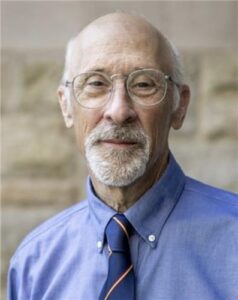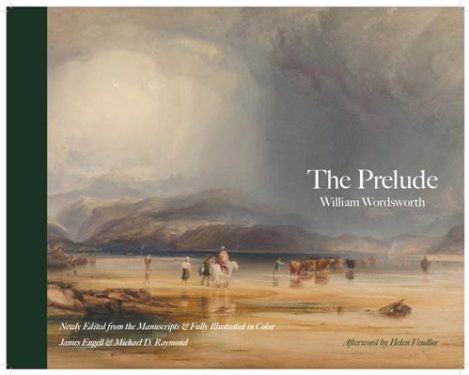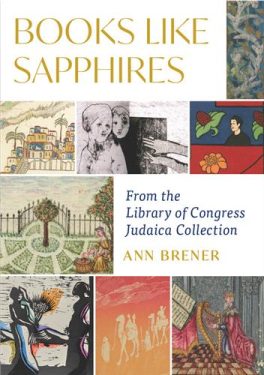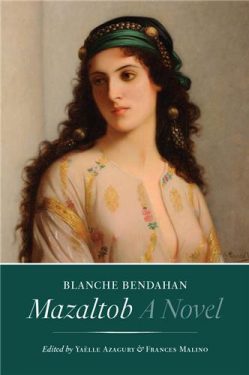In poems [Lewis] calls 'buckboard time machines' the rhythms of a city and its people come alive. Stories are swapped in taverns; traffic slows to a crawl in Charlestown; a rivalry between Boston and New York is articulated.
Paul Lewis
Paul Lewis is an Americanist, a past president of the Poe Studies Association, the curator of exhibitions on literary Boston, and the neologist who coined the word “Frankenfood.” The author of Cracking Up: American Humor in a Time of Conflict, Comic Effects: Interdisciplinary Approaches to Humor in Literature, and A Is for Asteroids, Z Is for Zombies: A Bedtime Book about the Coming Apocalypse, Lewis led the Boston Poems Project and edited The Citizen Poets of Boston: A …










